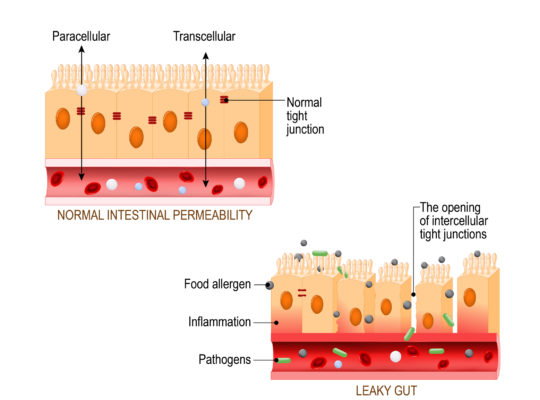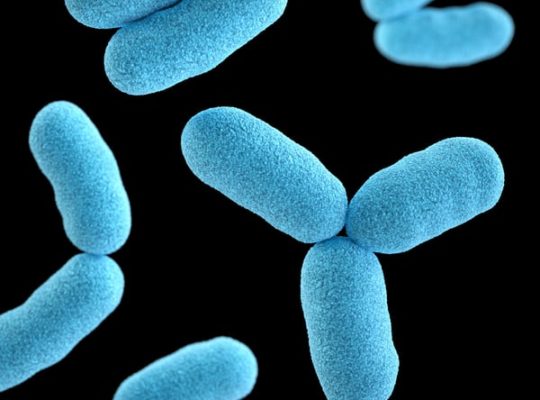Most people I know are abiding by the social distancing and quarantine recommendations associated with the Coronavirus-19 pandemic. People are scared about how quickly the virus is spreading and how lethal it is to those most vulnerable. This fear leaves many wondering what else they can do to protect themselves, their families and friends. Outside of social distancing, thoroughly washing your hands and avoiding touching your face—what can we do? Well, everyday habits and lifestyle choices can affect how well your immune system functions to protect you from viruses and germs. Since we’re all cooped up inside for the next few weeks and have less distractions, now is a good time to replace poor health habits with good ones to boost our immune system.
1. Get adequate sleep.
Have you ever noticed that you catch a cold or flu after days of poor sleep? That’s because your immune system needs moments of rest for optimum function. Sleep deprivation causes your body to produce high levels of cortisol to help keep you awake and focused which can weaken your immune system. Additionally, a 2019 study showed that sleep improves the ability of some of the body’s immune cells to fight off microbes (viruses and bacteria).
For more information on the health benefits of sleep you can check out my previous blog and the Sleep Foundation.
2. Get outside and exercise.
Although we’re physically distancing ourselves from one another, that shouldn’t preclude us from venturing outside. Breathing in fresh air, hearing the sounds of nature, and seeing your neighbors (from afar) is a good way to feel connected to your surroundings and invigorated. Try to get regular, moderate exercise, like a 30-minute bike ride or brisk walk. If the weather doesn’t permit you getting outside, then check out the many discounted fitness apps that are available online.
Exercise can help your immune system fight infection. It causes your body’s immune cells to circulate quicker, which allows them to find foreign invaders detect and zero in on microbes. Also, being active lowers stress hormones, which reduces your chances of getting sick and improves your sleep.
Doing too much exercise is not ideal as it can put a lot of stress on your body and weakens your immune system. Take a look at these guidelines on the recommended amount of exercise.
3. Eat a whole food diet.
Most of your immune system is in the gut, so when your gut is healthy, it’s better able to fight off infections. What foods are best for feeding a diverse and healthy microbiome? Eating an array of plant-based foods (fruits, vegetables, nuts, seeds, and whole grains) with healthy fats (including olive oil and fatty fish) supports the microbiome and provides the fiber they thrive on. This whole food diet is high in nutrients such as vitamin C, zinc and other antioxidants shown to help reduce inflammation and strengthen immune function. Most people fall short in getting adequate Vitamin D so supplementing with some Vitamin D3 if your blood levels are low helps support the immune system.
You can also support your microbiome by regularly eating natural yogurt, miso, kefir (fermented milk) and kombucha (fermented tea). I make my own kombucha as it is very simple and eat a daily serving or two of fermented vegetable-based foods, such as sauerkraut are another good option. Fermented foods help build up the good bacteria in your gut, which, in turn, supports a healthy digestive and immune system.
You want to avoid eating highly processed foods as they are pro-inflammatory in the body and often are nutrient poor.
4. Reduce stress.
We are experiencing a global pandemic and are self-isolating—so this begs the question. Who isn’t under stress now? Chronic stress exposes your body to a steady stream of stress hormones that suppress the immune system leaving more vulnerable to viruses and illness.
We are likely going to be self-isolating for several weeks so finding a way to mitigate stress is critical. You may not be able to get rid of your stress, but you can get better at managing it.
- Learn to meditate. I’ve been learning how to do this recently through a neighborhood group and through an online app. I feel so much better after meditating.
- Slow down and count your blessings. Gratitude journaling is one way to do this.
- Connect with other people (via FaceTime and Zoom) or over the phone.
- Work out to blow off steam.
- Talk to a professional and there’s nothing wrong with that.
Easing stress lowers levels of a stress hormone. It also helps you sleep better, which improves immune function. Are you seeing the common themes of connectedness yet?
It’s fascinating to learn that people who meditate regularly not only have healthier immune system responses, but some studies suggest that it slows down the aging process.
Although we are in trying, dark and uncertain times, I believe that self-isolating provides an opportunity for self-care and a wellness reset. Boosting your immune system is not complicated. So, get to it!







